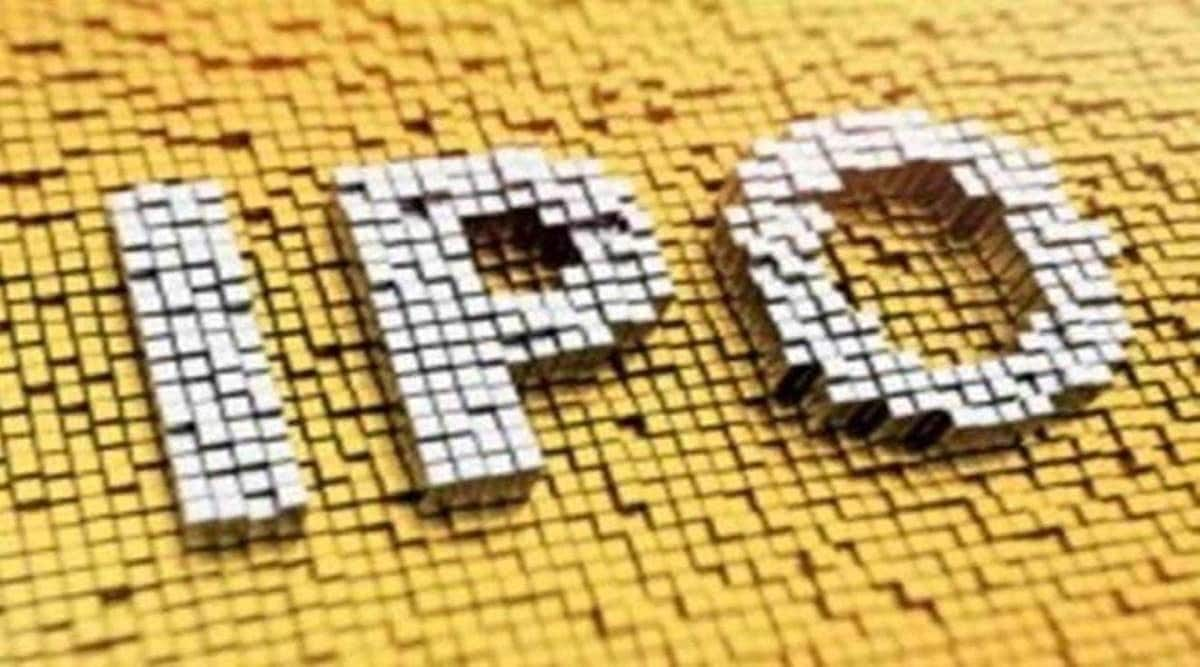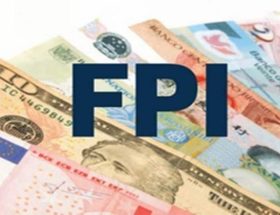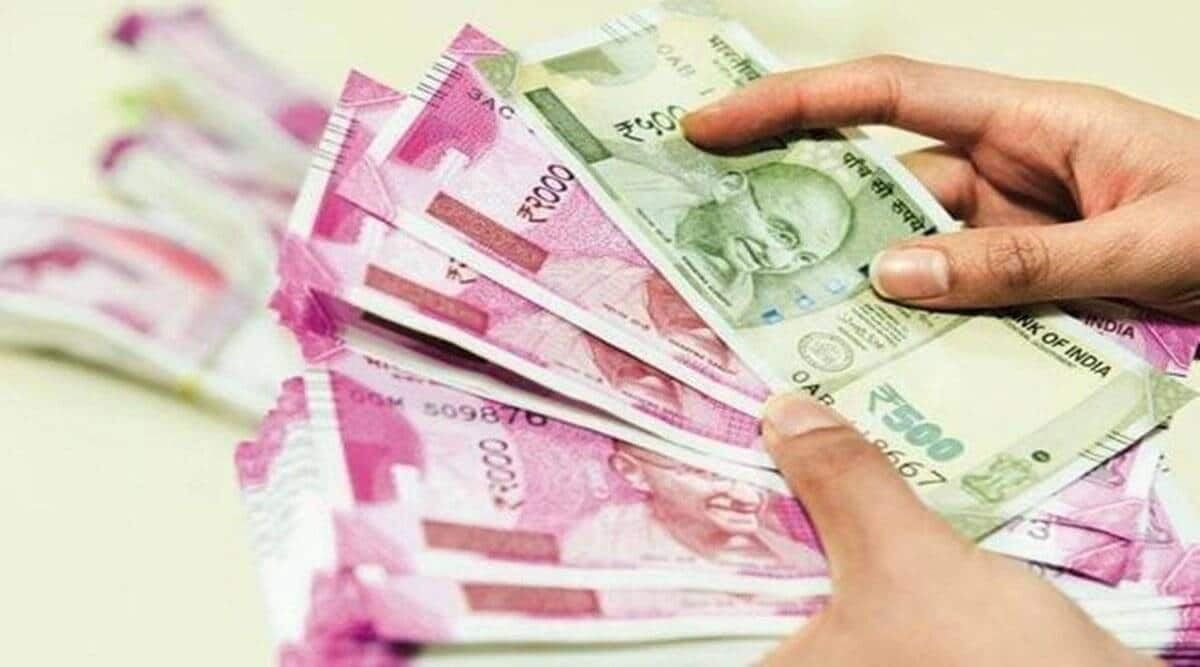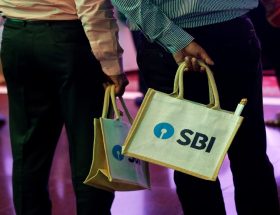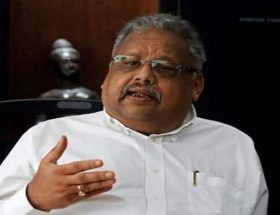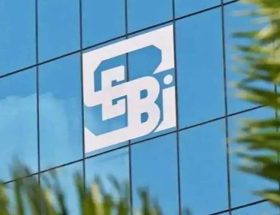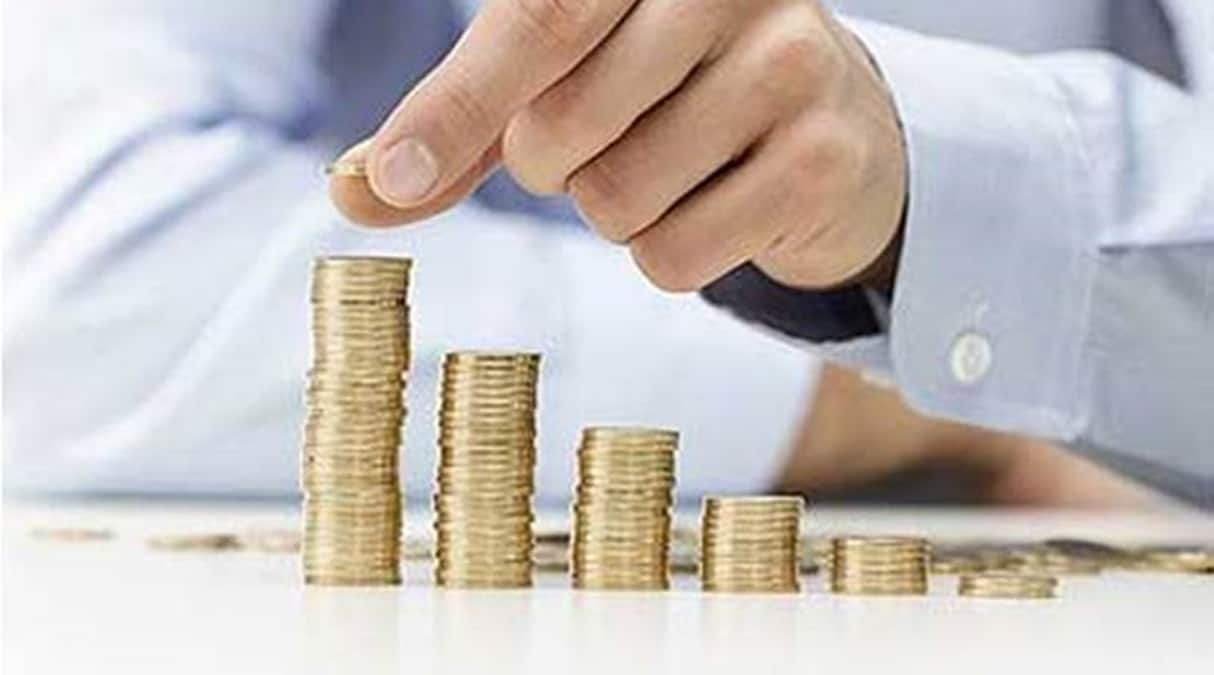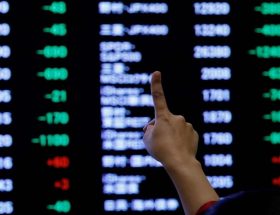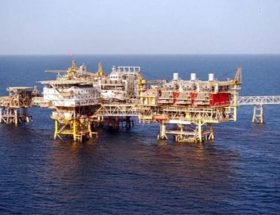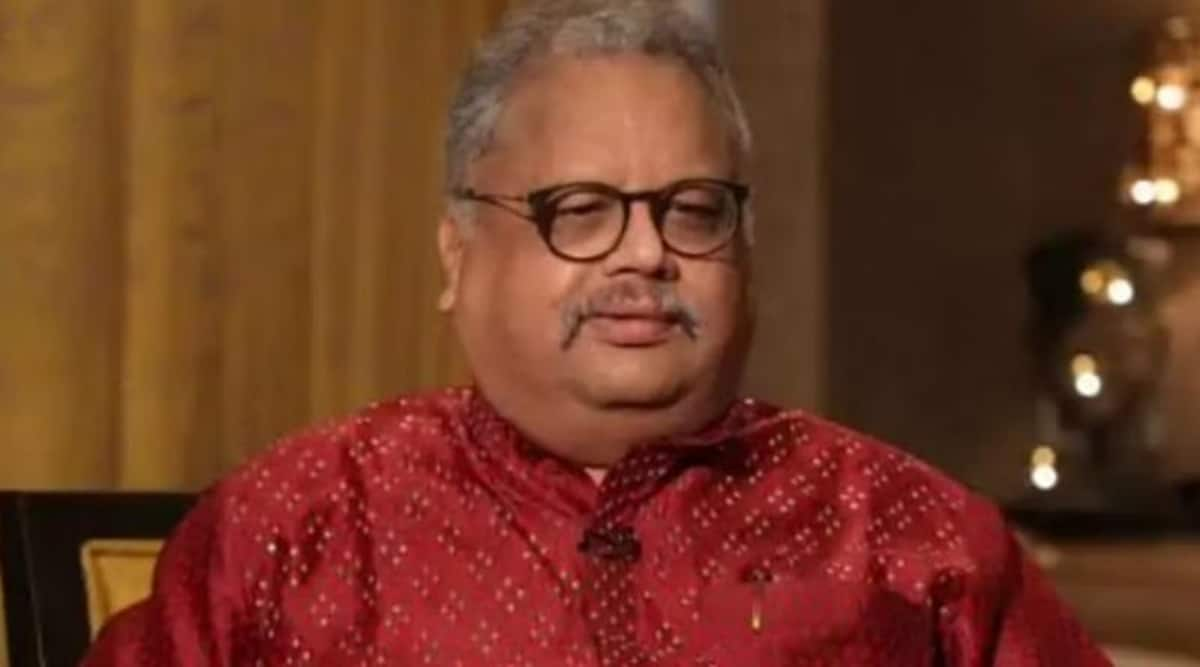
Man with unbridled optimism
By Ashley Coutinho
Rakesh Jhunjhunwala, 1960 – 2022
“One quality that stood out was his ability to segregate his long-term investments from the rest. He was steadfast with his long-term investments even in the face of extremely challenging market and business environments, yet very flexible with the rest,” said a veteran fund manager.
His investment in Akasa Air was met with scepticism by many considering that aviation has been a cash-guzzling business historically and one where it’s difficult to turn out a decent profit. But Jhunjhunwala has been vocal in defending his investment decision over the past year.
Also read Rakesh Jhunjhunwala – The bull who was once a bear
“His unbridled optimism stands out. Even in the darkest of times, he had the conviction to look beyond near-term troubles,” said an investment professional.
Unsurprisingly, his stock-picking strategies and his methods of zeroing in on those elusive multi-baggers have always been a talking point among the investment fraternity. Many, in fact, have made it a habit of tracking his portfolio holdings religiously.
Jhunjhunwala’s current holdings are spread across as many as 32 stocks, across sectors such as real estate, IT, hotels, pharma, banks, retail and auto ancillaries.
His long-term picks such as Titan, Indian Hotels and Crisil have made him a household name in the Indian market. His investment in Titan Industries — which he first purchased in 2002-03 at an average price of Rs 3 — alone is worth over Rs 11,000 crore. He holds 44 million Titan shares, which are currently trading at Rs 2,472. His other major stock holdings include Rs 3,349 crore in footwear brand Metro, Rs 1,301 crore in Crisil and Rs 899 crore in Fortis. He has tasted failure as well over the years, especially in the infrastructure space.
Also read Rakesh Jhunjhunwala: From Hyderabad to Mumbai’s upmarket Malabar Hill, a life well lived
Jhunjhunwala’s early bets on Star Health & Allied Insurance and Metro Brands paid off when the companies listed in 2021.“He would look at the men behind the company while investing. It was not uncommon for him to engage the company management with pointed, sometimes tough, questions. The aim was always to help the management create value in the business,” said the investment professional quoted above.
Jhunjhunwala is the first dollar billionaire from India to have made his fortune primarily from the stock markets. But he is not the first ‘Big Bull’ to have ruled the Indian markets. That distinction goes to Harshad Mehta in the early 1990s. Unlike Mehta, who enjoyed a brief spell under the spotlight before being embroiled in a scam and later meeting an untimely death, Jhunjhunwala’s reign has lasted more than two decades.
Despite the tag of Big Bull, Jhunjhunwala has been a bear quite a few times during his investing career. This includes the period in 1992 when the Sensex fell from 4,300 to 2,100 and for a year between 2007 and 2008 as the markets made new highs and then crashed, as the global financial crisis hit home.
Jhunjhunwala was enamoured by the stock market from an early age as he observed his father, an income tax officer, dabble in shares. A chartered accountant by profession, he has been an investor since his college days at Sydenham in Mumbai.Notably, Jhunjhunwala’s first-ever big win was a Tata Group stock — Tata Tea — in which he made a profit of Rs 5 lakh in 1986. He bought 5,000 shares of Tata Tea at a price of Rs 43 at that time, which zoomed to Rs 143 apiece in a span of just three months, more than tripling his invested money.
Jhunjhunwala never gave up on his love for stocks of Tata firms. He currently also holds shares worth Rs 1,731 crore in Tata Motors and shares totalling Rs 337 crore in Tata Communications.
Part of his legacy will be the philanthropic work he has embarked on over the years. Jhunjhunwala topped the new entrant’s list of the Edelgive Hurun India Philanthropy List 2021 after having donated Rs 50 crore last year, and reportedly deciding to donate 25% of his portfolio or Rs 5,000 crore, whichever is less.
